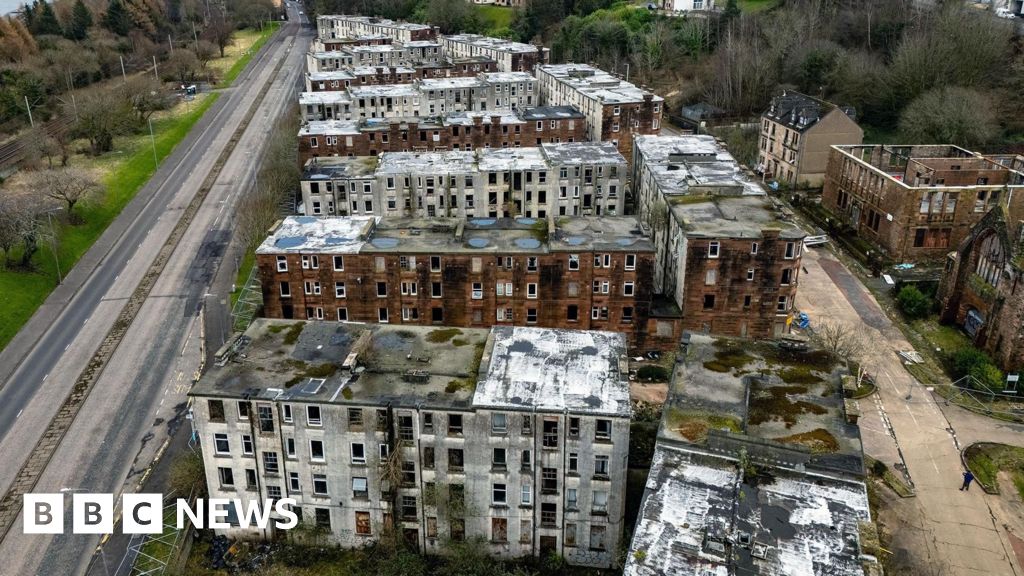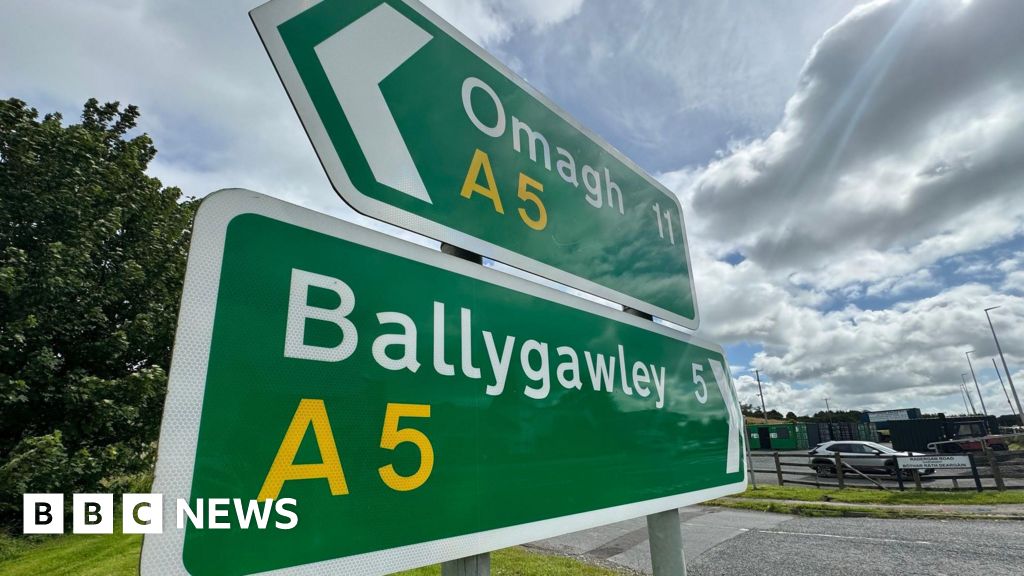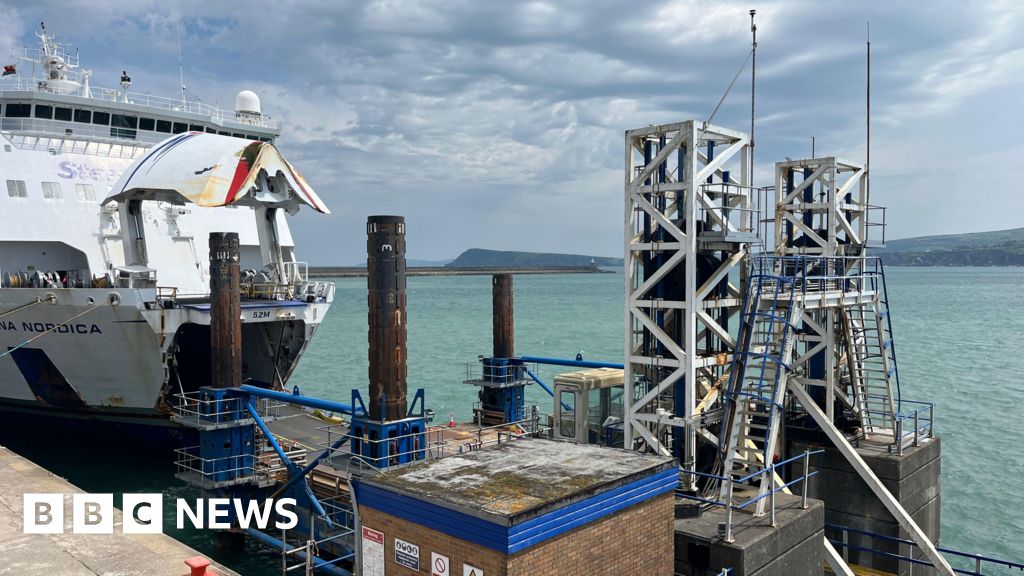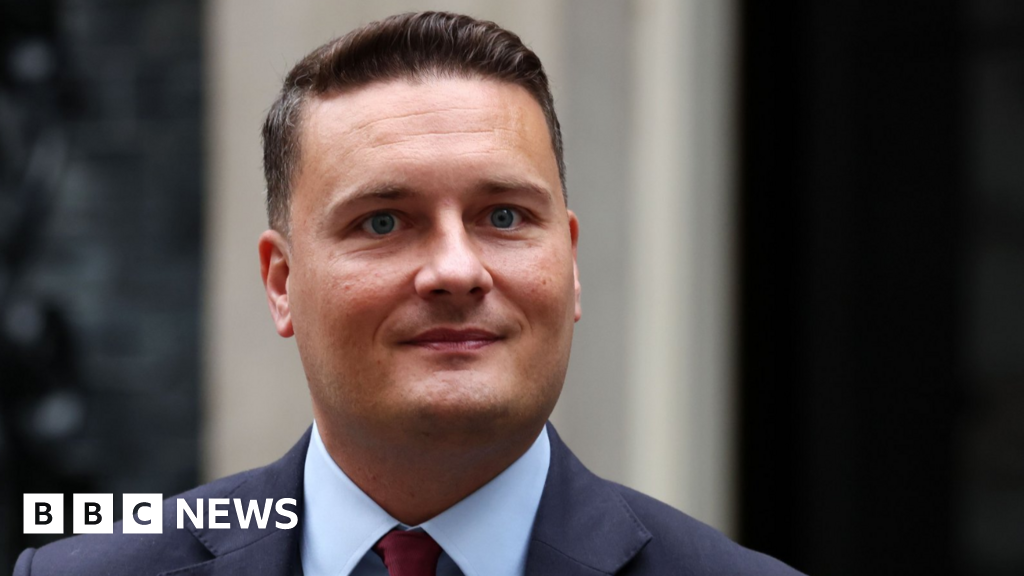Auto Amazon Links: No products found. Blocked by captcha.
Clune Park estate in Port Glasgow, known as “Scotland’s Chernobyl” due to its eerie appearance resembling a ghost town, is set to be demolished after years of abandonment. Built a century ago to house shipyard workers, the tenements have largely stood empty, creating a stand-off between private landlords and the local council hindering redevelopment efforts. Demolition is imminent for a third of the structures, including a fire-damaged school and a decaying church, deemed unsafe for occupation.
Urban explorers and photographers have flocked to the site in recent years, prompting increased security measures and warnings about potential dangers. Despite comparisons to the abandoned city of Pripyat after the Chernobyl disaster, the stories behind Clune Park and Pripyat differ significantly. The history of the red sandstone-fronted tenement blocks in Clune Park dates back to the aftermath of World War One, serving as housing for Lithgows shipyard employees, accompanied by local amenities and a strong sense of community.
Former residents like Karen Thomson reminisce about the once vibrant community spirit and sought-after housing that Clune Park offered. However, with the decline of shipbuilding in the area and a rise in absentee landlords purchasing properties as rental investments, the estate started deteriorating, leading to a spiral of neglect and a burgeoning reputation for crime and drug use. Retired resident Marshal Craig, one of the few remaining occupants, finds solace in the quietness and natural surroundings of the estate, despite the challenges it presents.
Efforts to revitalize Clune Park through a regeneration plan have been impeded by legal challenges from property owners, leading to incremental acquisition of properties by the council. The upcoming demolition will target old landmarks such as the school and church, with plans to rebuild the entire estate with more affordable housing options. Although the initial demolitions mark a symbolic step towards progress, the complete transformation of Clune Park may take time to materialize, leaving behind its haunting past as it looks towards a new future
Read the full article from The BBC here: Read More
Auto Amazon Links: No products found. Blocked by captcha.











